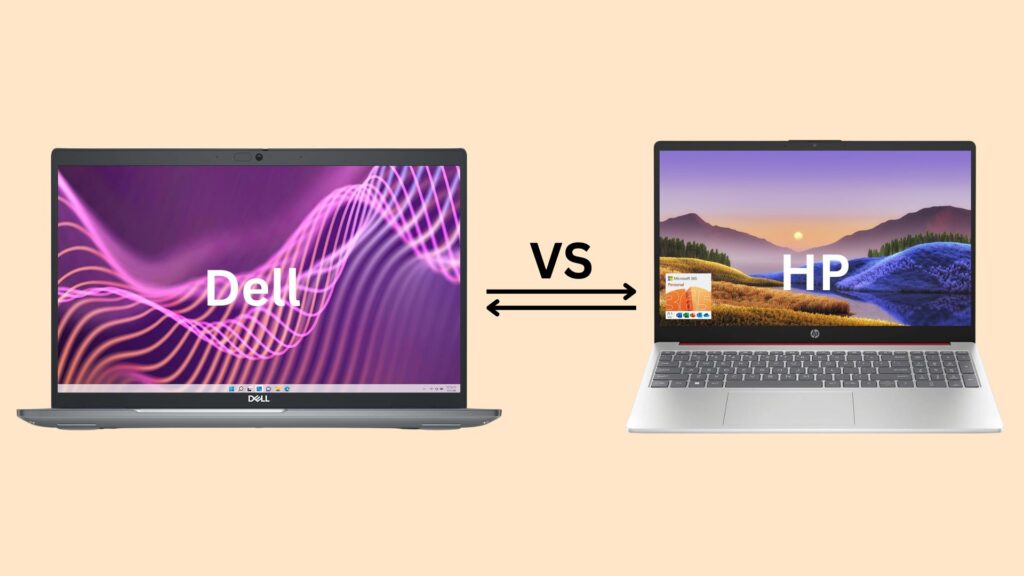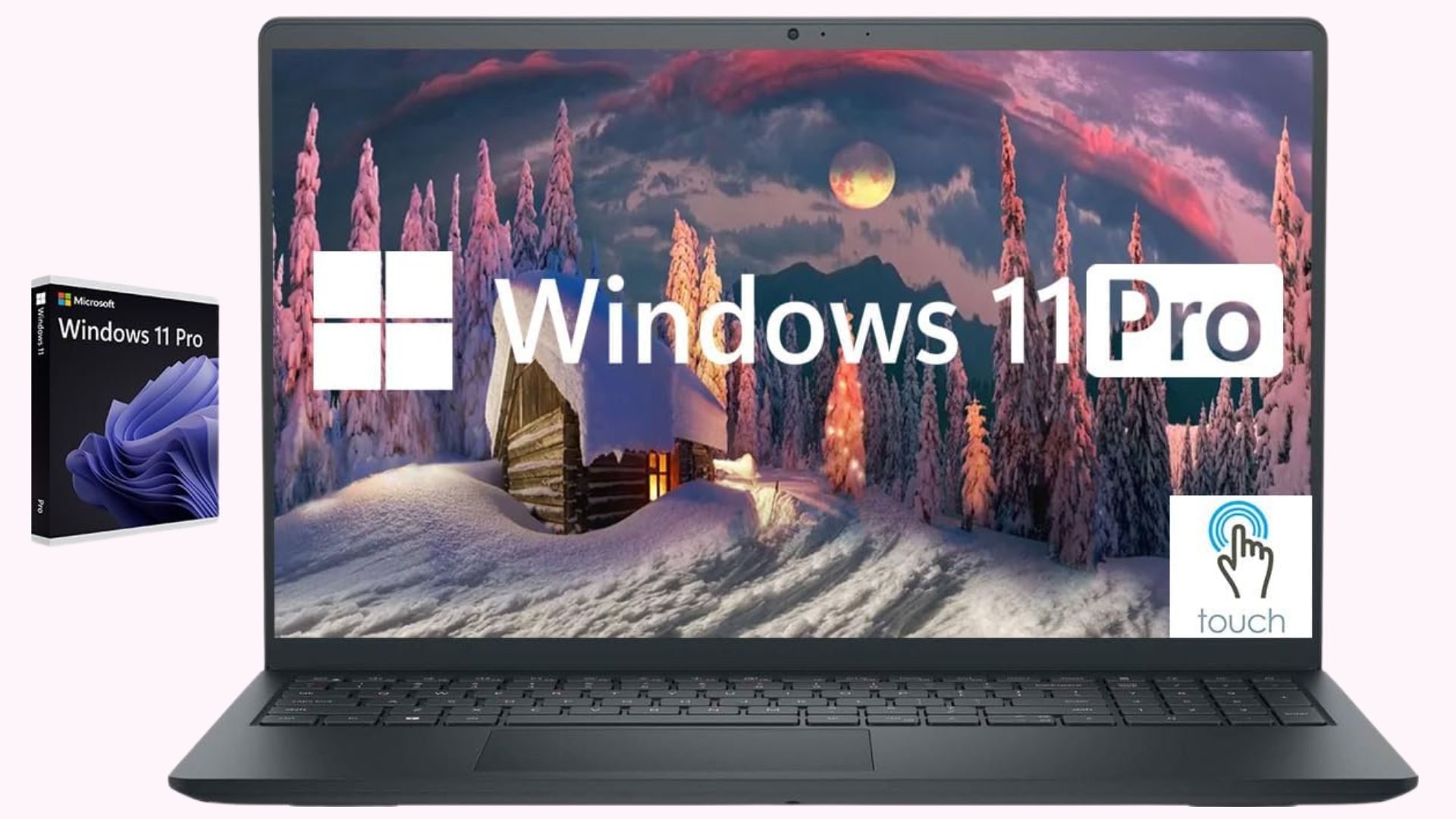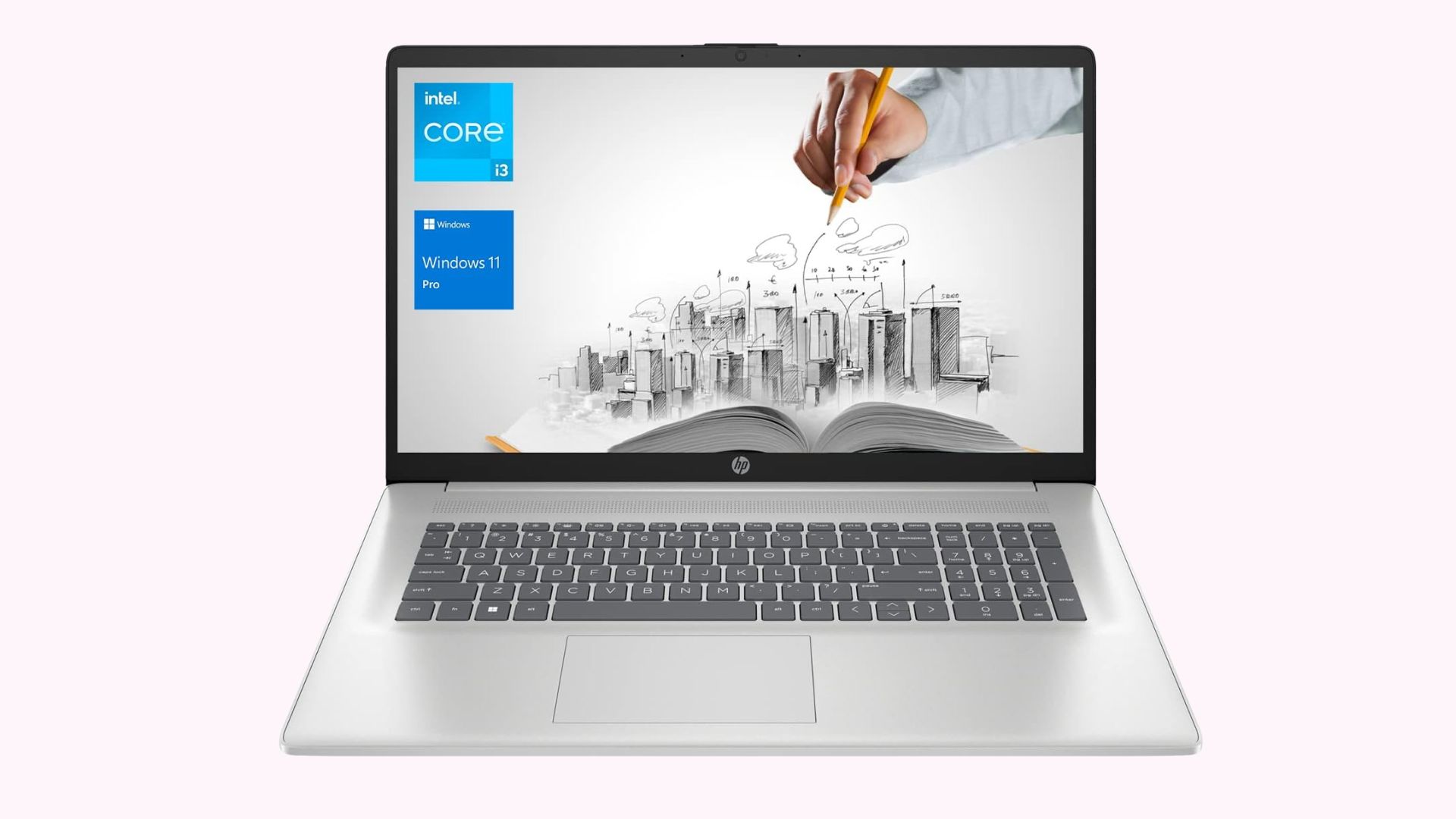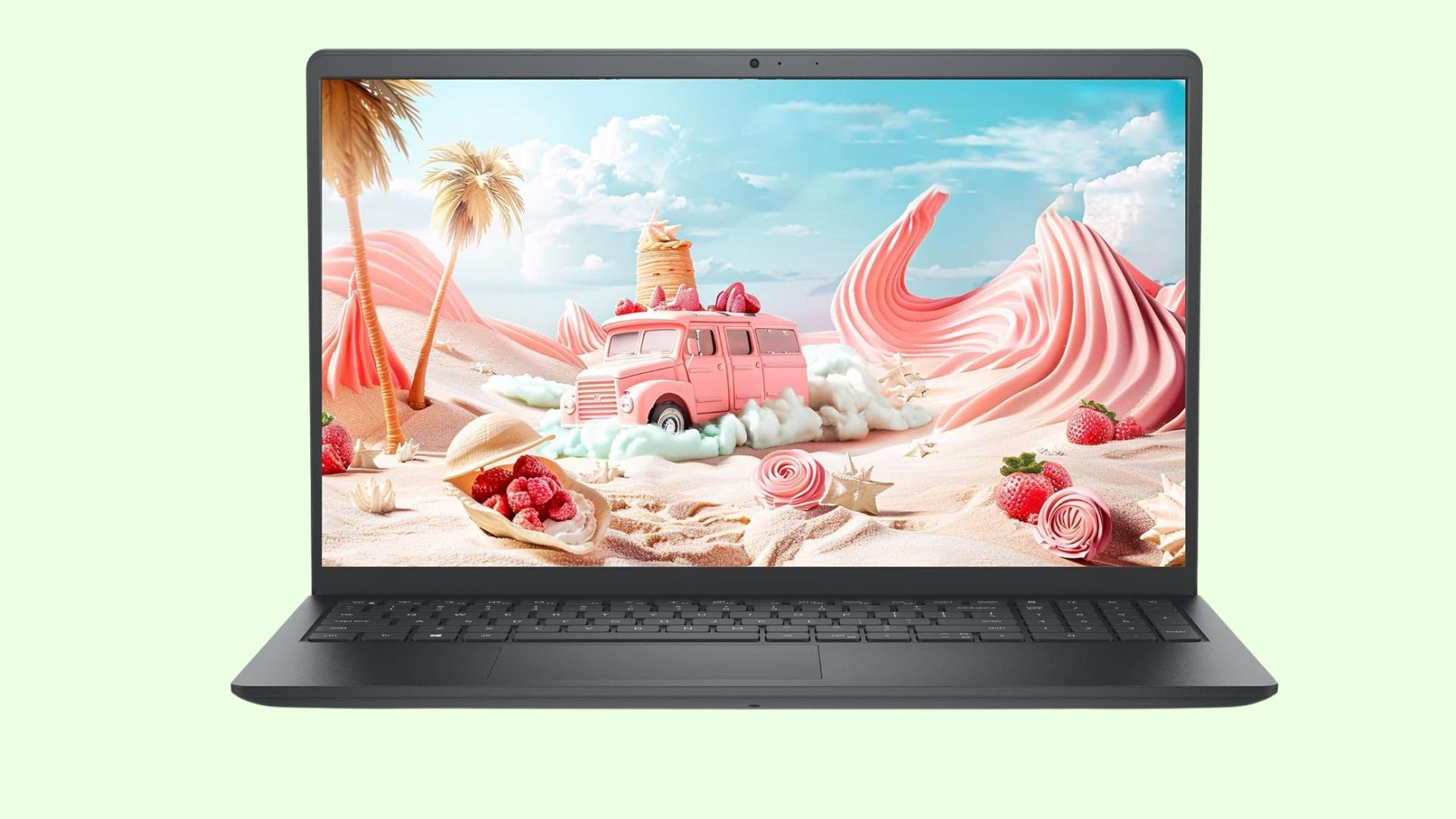

When it comes to purchasing a new laptop, one of the biggest debates among consumers is often Dell vs HP. Both of these tech giants have been in the market for decades, offering a wide range of products to cater to various needs and budgets. However, with so many options and features to consider, it can take time to choose between the two. So, which brand is better for you? In this blog post, we will dive into the key factors that differentiate Dell and HP laptops and help you make an informed decision on which one suits your needs and preferences. Whether you are a student, a professional, or a gamer, read on to find out which brand reigns supreme in the battle of Dell vs HP.
When evaluating Dell vs HP laptops, it’s essential to consider the unique strengths and product offerings of each brand.
Dell is renowned for its innovation and customization options, allowing users to tailor their laptops to their exact needs, whether for work, gaming, or general use. Dell’s XPS and Alienware series stand out for their high-end performance and build quality, appealing to professionals and gamers alike.
On the other hand, HP offers a broad spectrum of laptops, including the budget-friendly Pavilion series, the versatile Envy series, and the premium Spectre line, known for its sleek designs and powerful performance. HP has made significant strides in sustainability, with several of its laptops made from recycled materials, a factor increasingly important to environmentally conscious consumers.
Both brands offer robust business solutions. Dell’s Latitude series and HP’s EliteBook series are designed to meet the demands of enterprise users, offering durability, security features, and powerful performance.
Ultimately, the choice between Dell and HP laptops hinges on individual preferences and requirements. Consumers seeking extensive customization might lean towards Dell, while those valuing design and sustainability might prefer HP’s offerings.
Dell and HP, both titans in the technology industry, boast rich histories that have significantly shaped their brand reputations.
Dell, founded by Michael Dell in 1984, quickly established itself as a key player with its direct-to-consumer sales model, pioneering customization in the personal computing space. This innovative approach allowed Dell to rapidly gain a foothold in the market, distinguishing itself with a solid commitment to customer needs and technology advancement.
HP, or Hewlett-Packard, has an even longer history, dating back to 1939 when Bill Hewlett and Dave Packard founded it in a Palo Alto garage, now considered the birthplace of Silicon Valley. Initially focusing on a wide range of electronic products, HP entered the computing market in the 1960s. Over the decades, HP has been recognized for its contributions to technology and society, including significant developments in computing and printing technologies.
Both brands have navigated the challenges of the evolving tech landscape, maintaining solid reputations for reliability, innovation, and customer satisfaction. Dell is often praised for its customer service and build-to-order system, allowing for a high degree of personalization. HP, on the other hand, is lauded for its design aesthetics, environmental sustainability efforts, and broad product lineup catering to both budget and premium segments.
The longstanding history and established reputation of both Dell and HP underscore their commitment to quality and innovation in the computing industry, setting the stage for a compelling comparison of their laptop offerings.
Dell and HP showcase diverse laptop lineups, each offering innovative technologies and features.
Dell’s portfolio includes the Inspiron for everyday use, the XPS for high-end performance, and the Alienware series for gaming enthusiasts. Each series pushes the envelope in terms of technological advancement and user experience. Innovations such as OLED display options and advanced cooling systems in the Alienware series exemplify Dell’s commitment to innovation.
Meanwhile, HP’s lineup spans from the practical Stream and Chromebook series for casual and educational use to the powerful Omen gaming laptops. The latter incorporates cutting-edge technologies like HP Fast Charge and unique privacy features such as webcam kill switches and fingerprint readers in the Spectre x360.
Both companies continuously invest in research and development to introduce groundbreaking features, such as AI-based performance enhancements and sustainable manufacturing processes, further enriching their product offerings.
By focusing on incremental upgrades and radical innovations, Dell and HP maintain their competitive edge in the laptop market, ensuring that their expansive and evolving ranges offer something for every type of user.
When comparing Dell vs HP, performance and hardware specifications play a crucial role.
Dell laptops, particularly within the XPS and Alienware series, are equipped with top-of-the-line processors, high-performance graphics cards, and ample RAM, catering to demanding applications and gaming. Dell’s emphasis on power and customization allows users to configure their laptops with cutting-edge components, ensuring peak performance for professional software, multimedia creation, and immersive gaming experiences.
Conversely, HP’s Spectre and Omen series also pack a powerful punch, with the latest Intel or AMD processors, advanced NVIDIA or Radeon graphics, and high-speed memory options. HP excels in blending performance with style, offering laptops that are not only capable of handling intense workloads but are also aesthetically pleasing and lightweight.
Both brands incorporate SSDs for faster boot times and data access, enhancing the overall system speed and efficiency. Connectivity options, such as Thunderbolt 4 ports and Wi-Fi 6 technology, are standard in their premium models, facilitating rapid data transfer and seamless online experiences. As technology advances, Dell and HP continue to innovate, integrating AI-based optimizations and cooling technologies to maximize performance while maintaining system stability.
The choice between Dell and HP in terms of performance and hardware specifications largely depends on the user’s specific needs, whether it’s for professional use, content creation, or gaming. Both brands offer compelling options that promise robust performance and reliability.
In the realm of Dell vs. HP laptops, battery life, and energy efficiency are critical considerations for many users, particularly those who are constantly on the move.
Dell laptops, especially models within the XPS line, are celebrated for their long-lasting battery life. Some can run for up to an impressive 18 hours on a single charge under specific usage conditions. This endurance is attributed to Dell’s innovative battery technology and energy-efficient processors, which ensure users can remain productive for extended periods without seeking a power outlet.
Conversely, HP is not to be outdone, with its Spectre and Envy series boasting comparable battery longevity. HP employs advanced power management features and low-power consumption components, making it a strong contender in battery life endurance. The Spectre x360, for instance, is known for its remarkable ability to balance high performance with efficient power use, offering users lengthy, unplugged usability.
Both Dell and HP have embraced fast charging technologies, significantly reducing the time it takes to recharge laptops. This advancement further enhances mobile productivity, allowing users to boost their battery life quickly in just a matter of minutes.
Ultimately, when comparing Dell vs HP in terms of battery life and power efficiency, the choice boils down to specific model capabilities and user requirements. Both brands have invested heavily in providing energy-efficient laptops with fast charging solutions, catering to the needs of power users and on-the-go professionals alike.
In the competition between Dell and HP, the durability and build quality of their laptops often become a deciding factor for many users.
Dell is recognized for the robust construction of its Alienware and XPS series, which are designed to endure rigorous use and are often the choice for professionals and gamers who demand resilience alongside performance. The materials used, from reinforced carbon fiber to CNC machined aluminum, contribute to their sturdiness while maintaining a sleek, modern aesthetic.
HP, similarly, keeps the build quality of its laptop high. The Spectre and Envy lines, in particular, showcase HP’s dedication to combining luxury with durability. These laptops feature precision-crafted metal chassis, often utilizing aluminum and magnesium for lightness and strength. The high-end Spectre x360, for instance, undergoes numerous durability tests to ensure it can withstand everyday challenges, from extreme temperatures to accidental drops and spills.
Both brands have made significant strides in enhancing the reliability of their products through rigorous testing standards, ensuring that their laptops can handle the wear and tear of daily use. While Dell emphasizes customizable robustness in its high-performance ranges, HP focuses on delivering sleek, durable machines that appeal to a design-conscious audience.
This commitment to quality across both companies ensures that consumers can rely on their laptops for longevity, regardless of the brand they choose.
Navigating the intricacies of customer support and warranty services can significantly impact the user experience post-purchase, making it a vital aspect of the Dell vs HP debate.
Dell is known for its comprehensive customer service. It offers 24/7 access via phone, email, or chat, with a dedicated support site for troubleshooting and driver download. Dell’s warranty options are equally robust, including on-site service and accidental damage protection, ensuring users receive prompt assistance for their computing needs.
HP matches this commitment to customer satisfaction with its own set of support services. Users can reach out through various channels, including social media platforms, for technical support or warranty claims. HP also provides a self-service option through its HP Support Assistant app, which is designed to help maintain PC performance and resolve issues.
Both Dell and HP offer extended customizable warranty packages to fit different user needs and provide peace of mind. The critical difference lies in how each brand structures its warranty and support services to cater to its customer base, with Dell focusing on customization and HP emphasizing accessibility and self-help solutions.
Their efforts in customer support and warranty services reflect a deep understanding of the importance of reliable post-purchase care in maintaining customer loyalty and satisfaction.
When evaluating the price spectrum of Dell vs HP laptops, it becomes evident that both brands offer products catering to a broad range of budgets, from entry-level to high-end luxury models.
Dell, with its direct-to-consumer sales approach, often provides competitive pricing, especially for its high-performance XPS and gaming-focused Alienware lines. Consumers can find significant value in Dell’s ability to customize laptops, potentially saving money by tailoring specifications to exact needs.
HP, on the other hand, frequently bundles additional software and services, such as security tools and creative software trials, adding value beyond the hardware specifications. The HP Spectre and Envy series, while positioned in the premium segment, justify their price tags through elegant designs, cutting-edge features, and robust build quality, appealing to users who prioritize aesthetics alongside performance.
Budget-conscious buyers may lean towards Dell for the customizable options that allow for adjusting the price, while users looking for an out-of-the-box premium experience with added software benefits might find HP’s offerings more appealing.
Ultimately, the value for money between Dell and HP laptops hinges on the individual’s prioritization of customization options, design elements, and included software packages, all of which contribute to the overall cost-effectiveness of the investment.
Deciding between a Dell and HP laptop ultimately boils down to what you value most in a computing experience.
If customization and cutting-edge performance are top priorities, Dell’s offerings, particularly the Alienware and XPS series, may appeal more to your tech-savvy side. These laptops are tailor-made for gaming enthusiasts and professionals who require high processing power for demanding applications.
Conversely, if design elegance, sustainability, and innovative features like fast charging and advanced security measures speak to your needs, HP’s Spectre and Envy lines offer a compelling package. These models blend performance with premium design, which is ideal for users who appreciate aesthetics as much as functionality. In your decision-making process, consider how each brand aligns with your lifestyle or work requirements.
Think about the longevity you expect from your device, the type of customer service that would best support you, and the value you place on added features versus pure performance metrics.
Your ideal choice between Dell and HP should resonate with your personal or professional computing demands, ensuring that the laptop you select enhances your daily productivity, creativity, or entertainment experiences in the ways that matter most to you.
In the ultimate showdown between Dell and HP laptops, it’s evident that both brands bring distinct advantages to the table.
Dell shines with its customizable solutions and performance-driven models, catering to those who seek power and precision in their computing tools. HP, with its flair for design and commitment to sustainability, appeals to users who desire a harmonious blend of style and functionality.
The choice between the two is less about which brand is superior and more about which brand aligns more closely with your personal or professional needs. Whether it’s the gaming prowess of Dell’s Alienware, the sleek sophistication of HP’s Spectre, or the durable and reliable business models like Dell’s Latitude and HP’s EliteBook, both brands offer quality, innovation, and value. Considerations such as budget, desired features, and the kind of support you expect post-purchase should guide your decision.
Ultimately, whether you lean towards Dell’s high-performance configurations or HP’s elegant and environmentally conscious designs, you are choosing a laptop from a brand that has proven its dedication to satisfying a wide array of computing needs and preferences.
Read more about the HP vs Lenovo Laptop.
Dell laptops are often praised for their build quality, robust performance, and excellent customer service. HP laptops, on the other hand, are known for their stylish designs, innovative features, and often more affordable options. Both brands offer a wide range of models, from budget-friendly to high-end, catering to various user needs.
Both Dell and HP offer excellent build quality, but Dell is often regarded as superior in this aspect. Dell’s laptops, especially the XPS series, are known for their durability and premium materials. HP also offers solid build quality, particularly in their Spectre and Envy series.
Dell’s Alienware series is highly acclaimed in the gaming community for its powerful performance, advanced cooling systems, and high refresh rate displays. While HP’s Omen series also provides excellent gaming performance, Dell’s Alienware typically has a slight edge in terms of overall gaming experience.
Dell is often praised for its customer support, offering a variety of services, including premium support options. HP’s customer service is also good, but users generally give Dell’s proactive support system and comprehensive service plans higher ratings.
HP generally offers more budget-friendly options than Dell. However, when it comes to high-end models, both brands are similarly priced. Dell’s laptops, especially the XPS and Alienware series, tend to be more expensive due to their premium features and build quality.

Discover the Dell Inspiron Touchscreen Laptop 15.6 review – performance, specs, display, battery, and features for students and professionals.

Discover the HP 17 Business Laptop review—exploring its design, performance, display, battery life, and value to see if it’s the right choice for professionals.

Dell 15 3530 Laptop review: Explore performance, design, features, battery life, and value. See if it’s perfect for students, business, or everyday use.